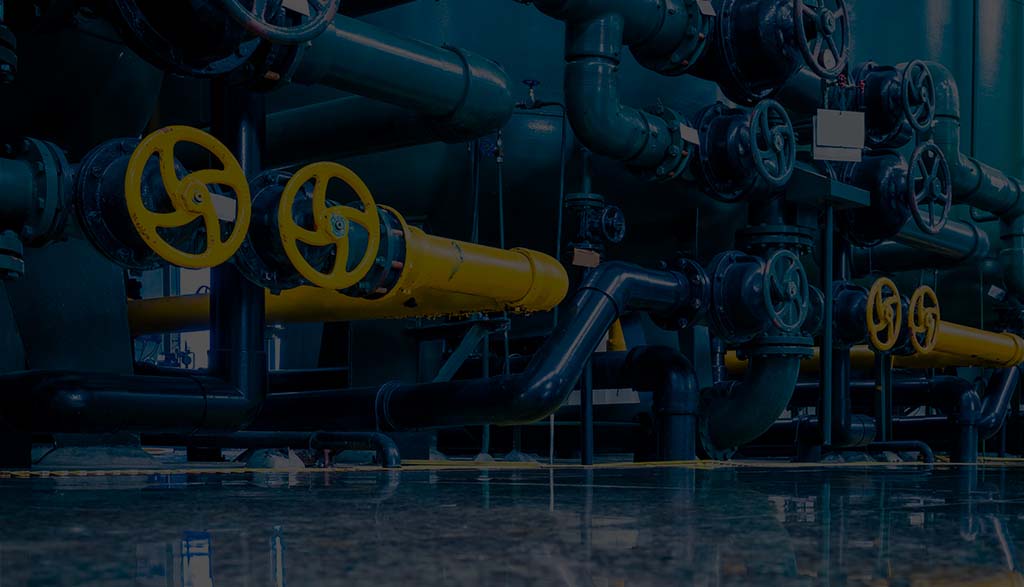Sanitary pumps are vital for industries requiring hygienic fluid transfer, ensuring safety, cleanliness, and efficiency in operations. At Xenon Engineering, we specialize in manufacturing industrial sanitary centrifugal pumps designed to handle sensitive and perishable products while adhering to stringent cleanliness standards. In this blog, we’ll delve into how sanitary pumps work and why they are essential for various industries.
What is a Sanitary Pump?
Sanitary pumps are engineered to transfer fluids in environments where cleanliness and hygiene are paramount. They are constructed using materials such as stainless steel and feature smooth, polished surfaces to prevent contamination and facilitate easy cleaning. Designed to meet regulatory standards like FDA, 3A, and EHEDG, these pumps are ideal for applications in the food and beverage, pharmaceutical, and cosmetics industries, among others.
Working Principle of a Sanitary Pump
Sanitary pumps operate on the principles of fluid dynamics, where energy is imparted to a fluid to facilitate its movement. The specifics vary depending on the type of pump, with centrifugal pumps being one of the most commonly used in sanitary applications.
Components of a Sanitary Centrifugal Pump
- Pump Casing: Houses the impeller and directs the flow of fluid.
- Impeller: A rotating component that imparts energy to the fluid.
- Shaft: Connects the impeller to the motor.
- Seals and Gaskets: Prevent leaks and ensure hygiene.
- Motor: Provides the mechanical energy required to rotate the impeller.
How Sanitary Centrifugal Pumps Work
- Fluid Entry: Fluid enters the pump through the inlet, also known as the suction side.
- Impeller Action: The motor drives the impeller, creating a centrifugal force that accelerates the fluid.
- Pressure Increase: As the fluid moves outward due to centrifugal force, it gains velocity and pressure.
- Fluid Discharge: The pressurized fluid exits the pump through the outlet, also called the discharge side.
This mechanism ensures a smooth, continuous flow of fluid with minimal agitation, making it ideal for sensitive products.
Features of Sanitary Pumps
Sanitary pumps incorporate features that make them suitable for hygienic applications:
- Smooth Surfaces: Prevent bacterial growth and allow for easy cleaning.
- Hygienic Seals: Ensure no leakage or contamination.
- CIP/SIP Compatibility: Support clean-in-place (CIP) and steam-in-place (SIP) systems for efficient cleaning.
- High Efficiency: Minimize energy consumption while maintaining optimal flow rates.
- Corrosion Resistance: Use of stainless steel ensures durability and resistance to corrosive substances.
Applications of Sanitary Pumps
Sanitary pumps are used across industries for various purposes:
- Food and Beverage: Handling dairy products, juices, beer, and other consumables.
- Pharmaceuticals: Transferring sterile solutions and active ingredients.
- Cosmetics: Pumping lotions, creams, and other personal care products.
- Chemical: Moving high-purity chemicals and specialty fluids.
Advantages of Using Sanitary Pumps
Sanitary pumps offer numerous benefits, including:
- Hygienic Operation: Prevent contamination and maintain product integrity.
- Ease of Maintenance: Components are designed for quick disassembly and cleaning.
- Versatility: Handle a wide range of fluids, from low-viscosity liquids to semi-viscous substances.
- Regulatory Compliance: Meet industry standards, ensuring safety and quality.
Maintenance of Sanitary Pumps
Proper maintenance is essential to ensure the longevity and efficiency of sanitary pumps. Here are some tips:
- Regular Cleaning: Use CIP or SIP systems to maintain cleanliness.
- Inspect Seals and Gaskets: Check for wear and replace as necessary.
- Monitor Performance: Keep an eye on flow rates and pressure to identify potential issues.
- Lubrication: Ensure bearings and other moving parts are well-lubricated.
Why Choose Xenon Engineering for Sanitary Pumps?
Xenon Engineering is a trusted name in the manufacturing of industrial sanitary centrifugal pumps.
Here’s why our clients prefer us:
- Expertise: Decades of experience in designing and manufacturing hygienic pumps.
- Quality Assurance: Products built to meet stringent quality and regulatory standards.
- Customized Solutions: Tailored designs to meet specific application needs.
- Global Reach: Serving clients across United States of America and international markets.
Sanitary pumps are indispensable for industries where hygiene, efficiency, and safety are critical. Their advanced design and operation make them ideal for handling sensitive products in diverse applications. At Xenon Engineering, our industrial sanitary centrifugal pumps combine innovation and reliability to deliver unparalleled performance. Whether you need a standard pump or a custom solution, we’re here to meet your requirements.
Contact us today to learn more about our sanitary pump offerings and how they can benefit your operations.


